Parkinson’s disease is a brain disorder that affects more than 10 million people around the world. The disease symptoms appear when the brain lost a special group of cells called dopaminergic neurons. These cells produce dopamine, which is a neurotransmitter responsible for movement. The typical symptoms of the disease include tremor, slowness of movement, rigidity, and abnormal gait.
A growing number of alternative therapies have been reported for treating Parkinson’s disease symptoms. Claims about the efficacy of these therapies are largely based on personal experience (testimonials) and a rather a small body of scientific research. Some of these emerging alternative therapies are the following.
1. CBD Oil
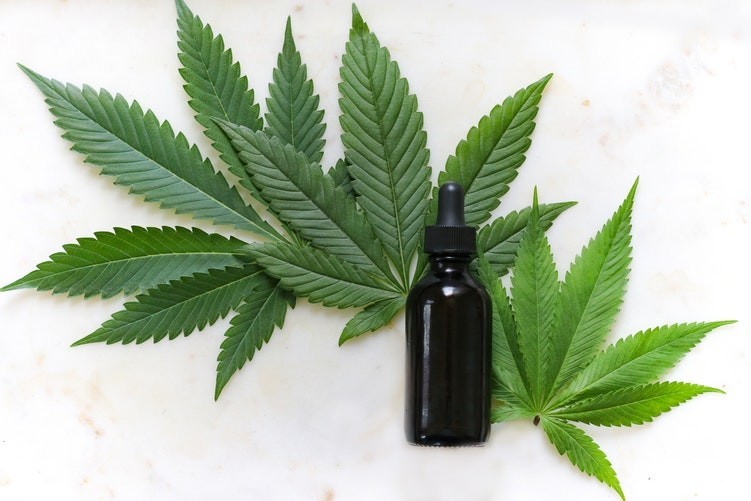
CBD oil is extracted from the cannabis plant, which has a long history of medicinal use.
It is used for pain relief and other various medically serious conditions like seizures and epilepsy. New research suggests that it could also be useful for people with Parkinson’s disease.
Several clinical trials have reported that its consumption could potentially help to control the non-motor symptoms such as sleep disorder and psychosis, which includes minor illusions, non-disturbing hallucinations, and vivid dreams.
CBD oil has a strong neuroprotective ability, meaning that it protects brain cells from dying due to various abnormal conditions. Not only that, but it also helps in the growth and recovery of new cells.
Considering these abilities, it is not surprising to say that CBD oil may also protect the brain cells from developing Parkinson’s disease symptoms.
2. Coffee
Coffee is usually used for boosting energy and attention. Research suggests that its consumption may also protect the body from developing brain diseases, including Parkinson’s disease.
The link between Parkinson’s disease and coffee has been studied for many years. Most
epidemiological studies have found that coffee drinkers are less likely to develop Parkinson’s disease.
Laboratory studies on animals suggested that the beneficial effect of coffee may come from the neuroprotective action of caffeine. A study on mice brain cells has shown that caffeine dose equivalent to a single cup of coffee protects the brain from developing changes similar to Parkinson’s disease.
Clinical trials on human also provide a similar kind of protective effects. A study published in the journal of Movement disorders found that 400 mg daily consumption of caffeine is associated with improvement in motor symptoms of Parkinson’s disease. The same study also reported that the given amount of caffeine can also improve excessive daytime sleepiness in patients.
Improvement in motor symptoms was also observed in another study conducted in 61 patients with Parkinson’s disease.
These studies suggested that coffee does seem to have the potential as an alternative therapy for Parkinson’s disease. However, the research in this direction is still new and therefore more clinical trials are required to fully confirm its therapeutic effects.
3. Big and Loud therapy
Of the many therapies that got more appreciation among Parkinson’s patients, Big and Loud therapy is one of them. It is considered as a standard, research-based treatment protocol for people with Parkinson’s disease.
The therapy involves different exercises that are designed to address movement and speech problems in Parkinson’s disease.
It has two main training segments- the Big that involved movements and Loud that involved speech.
The Big segment of the training aims to recalibrate the motor and perceptional system in patients so that they can perform large amplitude movements. It trains them to move fast and walk with bigger steps.
Whereas the Loud segment focuses on improving the articulation and vocal quality so that the patient’s speech becomes clear and louder. It helps them to regain their communication ability.
In addition to movements and speech, Big and Loud therapy may also improve the cognitive functions in patients.
4. Marijuana
Marijuana can get you high, everyone knows that. But very few people may know that it also has therapeutic property against Parkinson’s disease. In fact, some think that it could be a magical drug for treating Parkinson’s disease symptoms.
Recently published research studies suggested that marijuana has therapeutic potential to treat both the motor and the non-motor symptoms of the disease. A study published in the Journal of Clinical Pharmacology reported that just after 30 minutes of smoking marijuana caused a great improvement in the tremor, rigidity, and slowness of movement. The same study also reported that smoking marijuana caused improvement in sleep and pain in patients. Similar kind of findings was also reported in other studies.
Apart from these research studies, there are many videos and anecdotal reports from people with Parkinson’s disease claiming that intake of marijuana gave them a sense of relief from problems associated with the disease.
However, the precise mechanisms through which marijuana causes these beneficial effects are entirely unknown and clinicians are hesitating to consider it as a therapeutic drug for patients. Also, there is a risk that it may provoke other problems in patients.
5. Melatonin
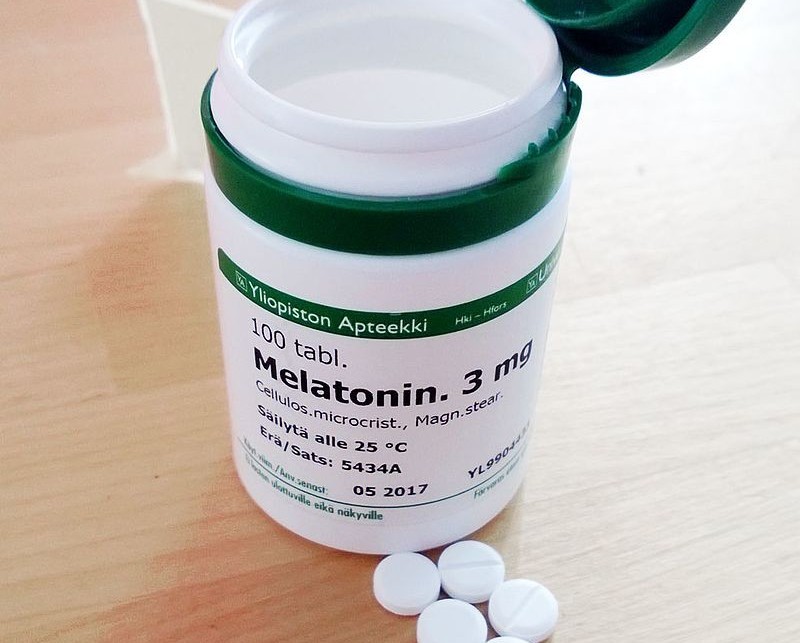
Melatonin is commonly known for its ability to treat insomnia. However, new research shows that it also has the potential to treat the symptoms of Parkinson’s disease. Many clinical studies have highlighted the role of melatonin in Parkinson’s disease and displayed it as one of the alternative therapies for Parkinson’s patients.
A study published in the Journal of Sleep Medicine reported that 5 mg of melatonin helps Parkinson’s patients to control the overall sleep disturbance when used for 2 weeks. In the same study, melatonin concentration of up to 50 mg was shown to be well tolerated.
The beneficial effects of melatonin are not limited to sleep only. Researchers think its intake may also improve other complications associated with Parkinson’s disease, including both motor and non-motor.
However, research in this regard is still in the preliminary stage and therefore large numbers of control clinical trials are needed to fully establish its therapeutic effects on other symptoms besides sleep.
6. Light Therapy
Recently, light therapy has emerged as one of the potential therapeutic options to treat the symptoms of Parkinson’s disease. It is especially suggested for treating depression and sleep problem in Parkinson’s patients.
During this treatment approach, a patient is exposed to a strong but safe amount of light for a certain period of time.
Very recently, researchers from the University of Amsterdam have reported that bright light therapy is safe and effective for improving mood and sleep quality in Parkinson’s patients.
7. Fish Oil
Clinical research data suggested that fish oil may constitute a therapeutic strategy for several brain disorders, including Parkinson’s disease.
Fish oil is extracted from the tissues of oily fishes like salmon, mackerel, tuna, and herring. It is rich in omega-3 fatty acids, which has numerous health benefits.
Research studies focusing on the role of fish oil in Parkinsons’s disease is rather limited.
There is some evidence from animal studies indicating that consuming fish oil may be beneficial in Parkinson’s disease. In laboratory studies performed in mice, rats and monkeys have confirmed that fish oil consumption can protect the brain from developing Parkinson’s disease-like symptoms when exposed to neurotoxins.
However, the evidence regarding its therapeutic effects in human is still lacking. To date, no clinical studies have shown that fish oil consumption can treat the classical symptoms of Parkinson’s disease.
8. Magnesium
Magnesium (Mg) is the most abundant element that is involved in a wide range of biochemical processes in the body. It is essential for the proper functions of the brain, heart, and muscle. It is also crucial for bone development.
Dietary intake of magnesium has been shown to improve many clinical conditions like cancer, depression, asthma, and neurodegenerative diseases.
Several lines of research evidence show a possible therapeutic role of magnesium for Parkinson’s disease. There are studies showing that low level of magnesium in the brain increases the risk of developing Parkinson’s disease.
While the dietary intake of Mg has been shown to reduce the risk of developing Parkinson’s disease, whether it relieves the symptoms of the disease is still uncertain. There is some anecdotal evidence claiming that high consumption of Mg could help with relieving some symptoms of the disease.
For some people that have tried it are convinced that it works. They got improvement in their tremor and movement. On the contrary, there are people who reported that their symptoms become worse due to high intake of Mg. Therefore, one must be cautious and should take the advice of his doctor before using it.
9. Vitamin E
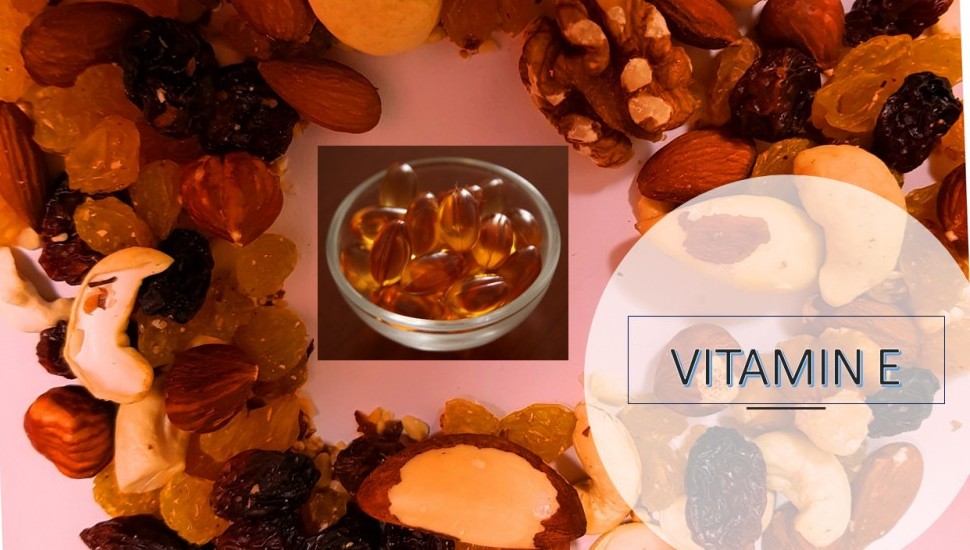
Vitamin E is a fat-soluble nutrient that possessed a strong antioxidant property. Eating sufficient amount of vitamin E is necessary for protection against many diseases.
Growing evidence support the protective role of vitamin E against Parkinson’s disease. Studies on human and animal demonstrate that vitamin E has the ability to combat the toxic effects of oxidative stress, which is strongly linked to Parkinson’s disease.
In cell culture experiments performed on human brain cells showed that vitamin E treatment for 24 hours gave protection against the loss of dopamine-producing cells and stop the brain from developing Parkinson’s disease-like symptoms.
Similarly, a study published in the Journal of Neurology reported that a high intake of dietary vitamin E is associated with a lower incidence of Parkinson’s disease.
However, there is no conclusive clinical evidence showing that vitamin E consumption can reverse disease conditions.
10. Coenzyme Q10
Coenzyme Q10 (CoQ10) is one of the most widely studied supplements today. People with Parkinson’s disease are reported to have a reduced level of Coenzyme Q10. Therefore, many researchers think that its consumption may have a therapeutic effect against Parkinson’s disease.
Laboratory research on animals has shown that CoQ10 protects the brain cells from the toxic effects of neurotoxin, a chemical that damage the brain similar to Parkinson’s disease.
Similarly, a study published in the journal of Archives of Neurology has reported that consumption of CoQ10 can slow the progression of Parkinson’s disease. In this study, CoQ10 intake of up to 1200 g per day was found to improve the basic motor skills and the overall well-being of Parkinson’s patients.
More large scale studies are required to fully explore the therapeutic effects of CoQ10 in Parkinson’s disease patients.
11. Coconut oil
There have been many reports published in the last few years suggesting that coconut oil has the potential to treat the symptoms of Parkinson’s disease. However, most of these reports are based on personal notions and there is very little research evidence exist regarding its therapeutic potential.
A report published in the journal of Oxidative Medicine and Cellular Longevity showed that coconut oil consumption is linked to reduced Parkinson’s disease progression. In this study, 1053 people with Parkinson’s disease were assessed for their food intake for 6 months duration. During this time, the severity of disease signs was monitored. Among the foods that were found to be associated with a reduced rate of the disease, coconut oil was one of them.
It has a strong antioxidant activity and has the ability to protect the brain cells from the insult of oxidative stress. Moreover, it increases the total levels of cholesterol levels in the blood. Many studies
have suggested that an increased level of cholesterol is linked to the low occurrence of Parkinson’s disease.
These features of coconut oil suggested that it could be one of the alternative therapies for Parkinson’s disease. However, there is still not enough research-based evidence available at the moment that supports this notion.
12. Creatine

Creatine is commonly used as a dietary supplement for increasing muscle and strength in an athletic environment. However, it is more than a supplement for athletes. Its consumption has also been linked to other health benefits, and emerging research suggests that it may fight against several neurological diseases, including Parkinson’s disease.
Animal studies have shown that creatine has a neuroprotective ability and its consumption may protect the brain from developing Parkinson’s disease.
A study performed on mice showed that creatine supplementation protects the brain from developing Parkinson’s like symptoms.
Large scale human studies are required to confirm whether its consumption can also help in treating Parkison’s disease symptoms.
The Takeaway
Some people with Parkinson’s disease prefer non-drug approaches to deal with their condition and feel better. The above-mentioned therapies may be good for relieving some signs of the disease. However, there is no hard evidence that they could be used as medicine to treat disease symptoms. If you or your loved one is suffering from Parkinson’s disease and would like to try any of these alternative therapies, it is important to talk with your doctor first.
Disclaimer: The information shared here should not be taken as medical advice. The opinions presented here are not intended to treat any health conditions. For your specific medical problem, consult with your health care provider.





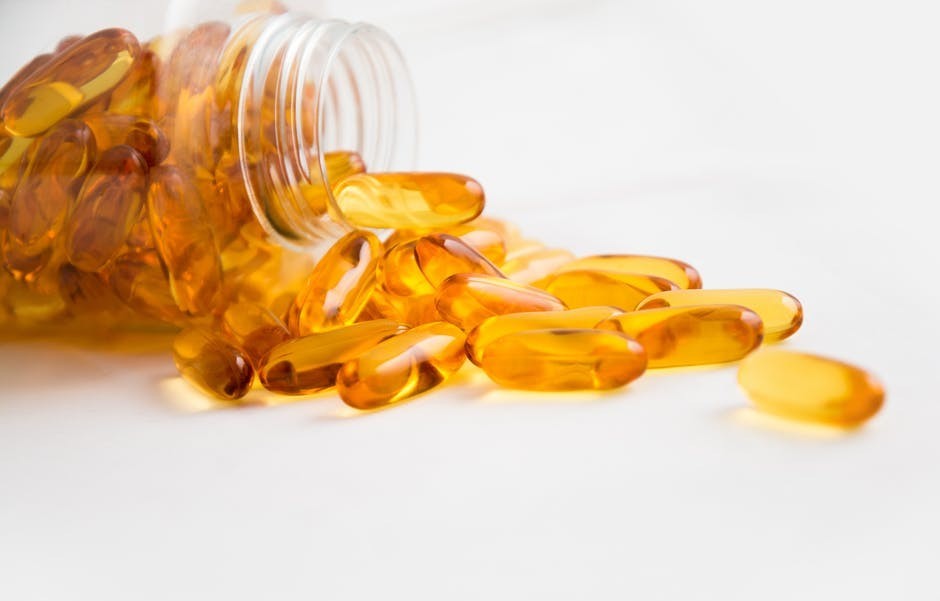

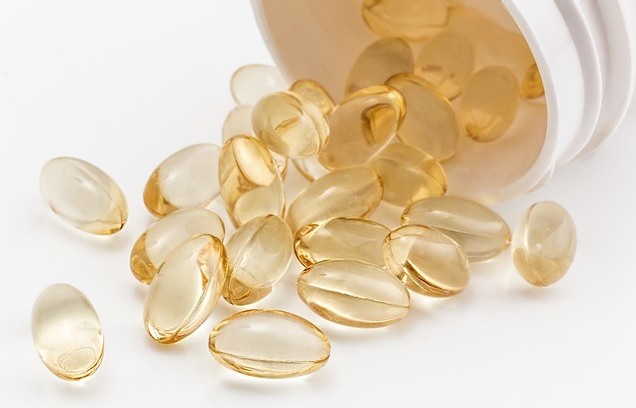
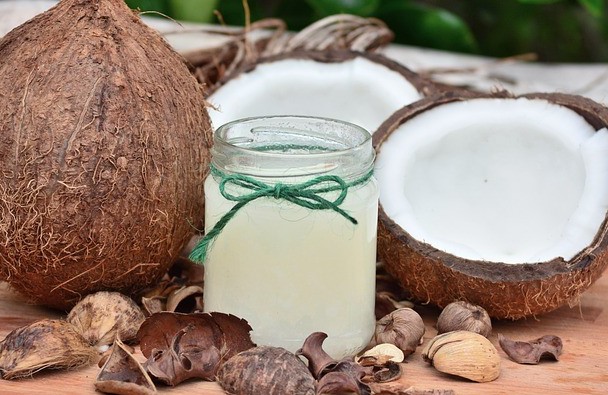
I have a friend who’s had Parkinson’s for several years now, and I would like to give him a printout of your “12 Alternative Therapies for Parkinson’s disease” article.
If you would kindly e-mail this to me, we would be most grateful.
Thank you,
Janet